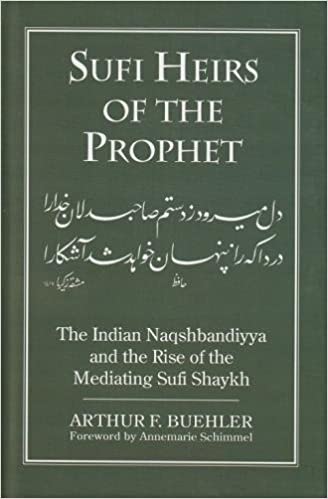Black History Month Sale: 40% off all books, plus FREE SHIPPING on all U.S. orders over $50 | Use code JBHM26

Size: 6 x 9
Pages: 344
Illustrations:
Arthur F. Buehler
The inclusion of this book in the Open Carolina collection is made possible by the generous funding of
"It is heartening to see such important questions—on change, and on the complex relationship between authority, colonial society and Sufism in India and Pakistan—raised and engaged in such an insightful and stimulating manner."—Journal of Islamic Studies
"In this well-researched and convincing book, Buehler argues that the Naqshbandi order appropriated a shift in models of personal authority to establish and perpetuate its own institutional structure. Because of its theoretical sophistication and excellent first-hand research, this book should be recommended for both specialists and comparativists."—Religious Studies Review
"This meticulously researched work is not only to be recommended to all those who are particularly concerned with the more recent developments of the Indian Naqshbandiyya but provides some useful pointers for those scholars interested in the analysis of patterns of adaptation."—Bulletin of the School of Oriental and African Studies
Copyright 2026
Website By Morweb.org